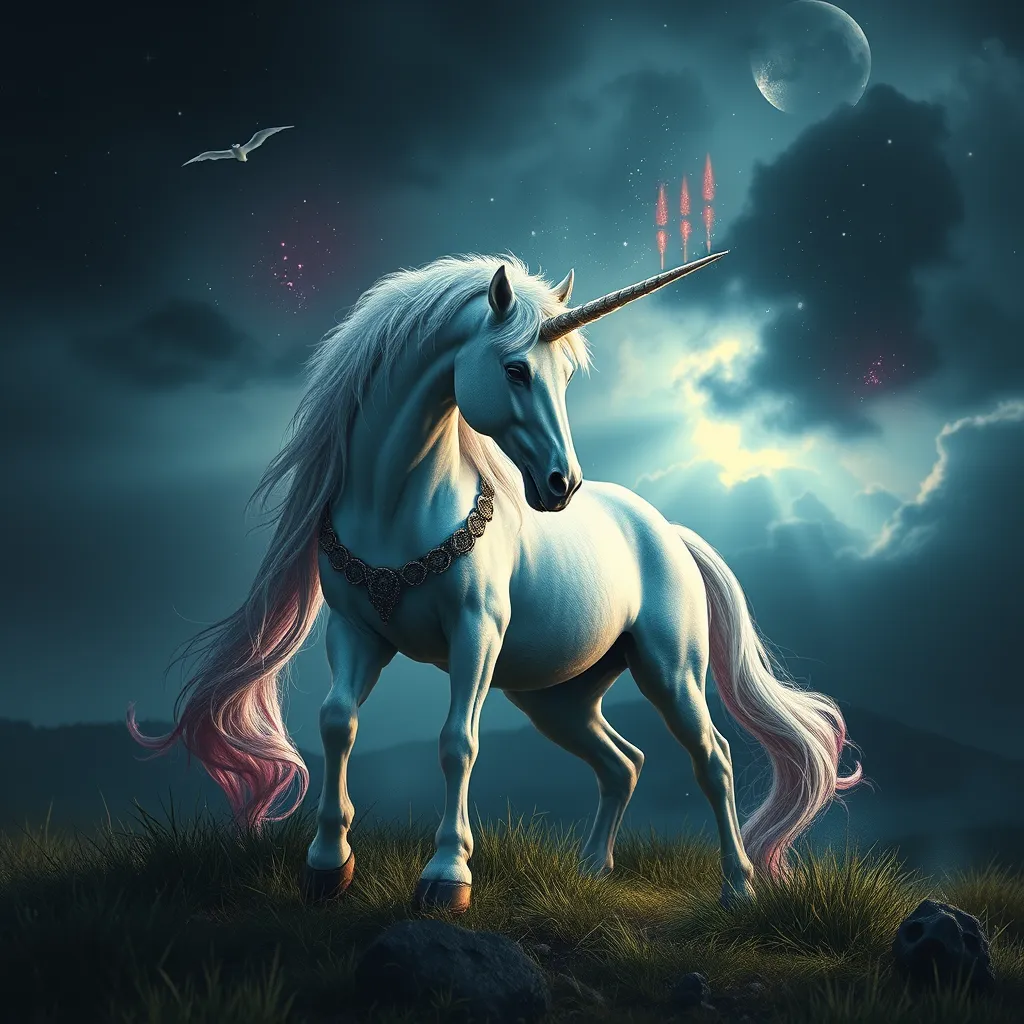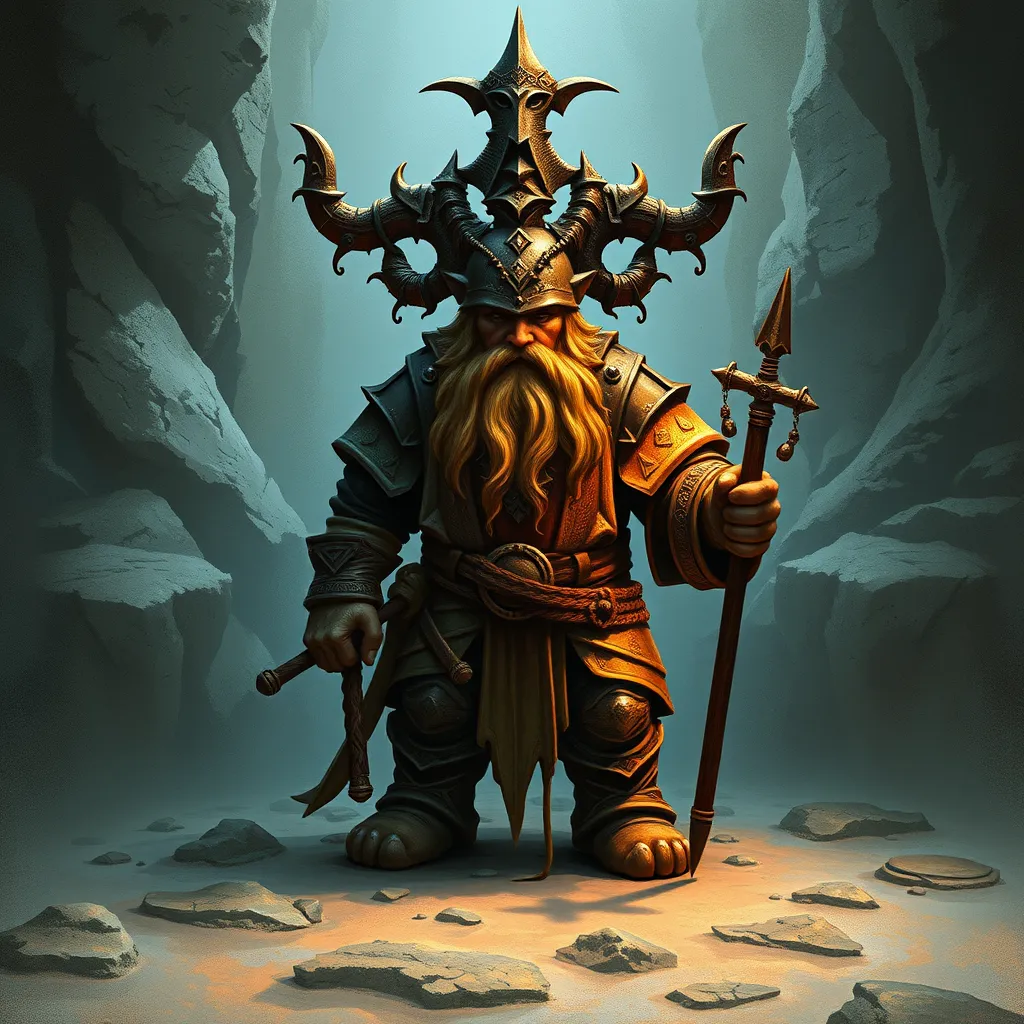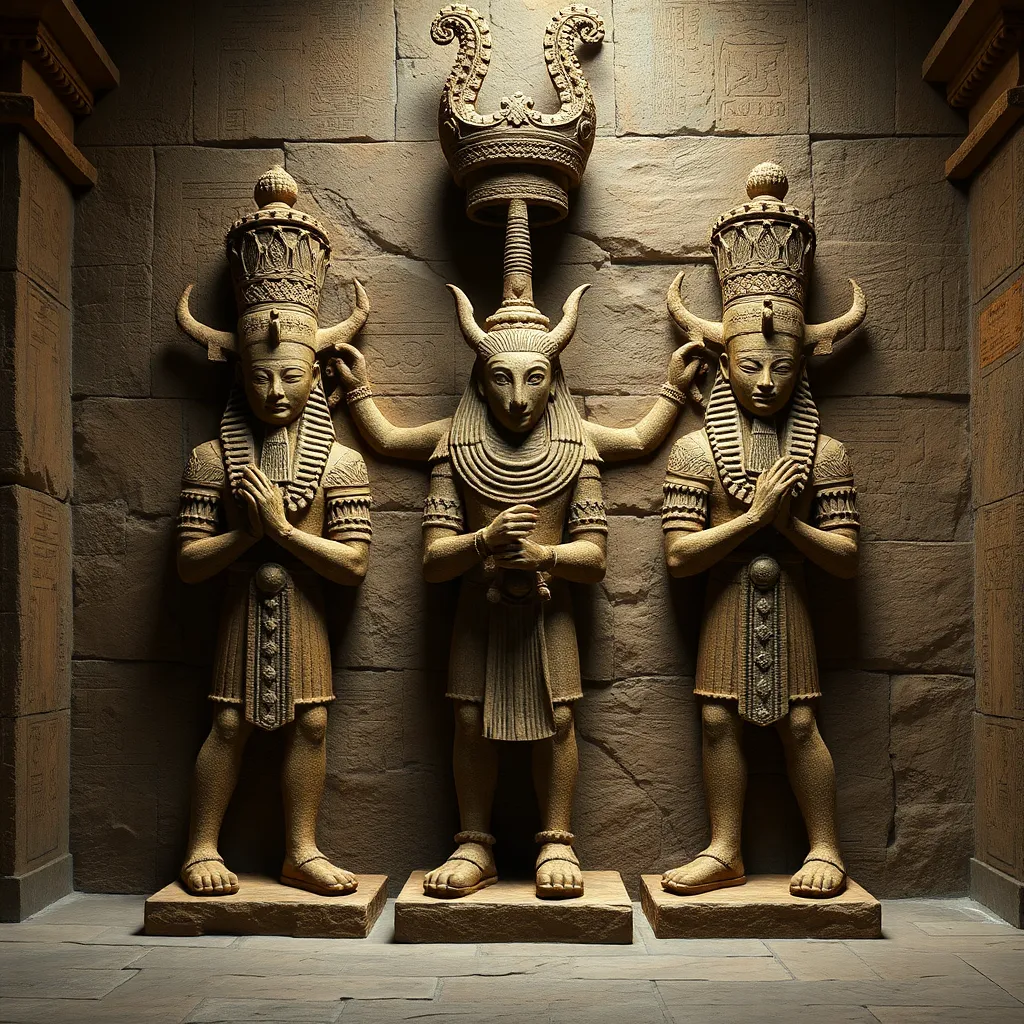Unicorns of the Americas: Exploring Native American Myth and Legend
I. Introduction
Unicorns have captivated human imagination across various cultures, often depicted as beautiful, horse-like creatures with a single spiraled horn. In global mythology, they symbolize purity, grace, and the mystical connection between the earthly and the divine. However, the concept of unicorns extends beyond European folklore; it finds intriguing interpretations in the myths of Native American tribes.
This article explores the significance of unicorns within Native American cultures, delving into their historical context, symbolism, and unique tribal legends. It aims to highlight the rich tapestry of indigenous narratives that feature these enchanting creatures, while also encouraging a deeper appreciation for the cultural heritage of Native American peoples.
II. Historical Context of Native American Mythology
Native American tribes encompass a diverse range of cultures, each with its own belief systems and mythologies. These tribes, including the Lakota, Zuni, and many others, have rich traditions that reflect their relationship with nature, spirituality, and the cosmos. Historical events, such as colonization and displacement, have significantly impacted the preservation of these traditions.
Oral traditions have played a vital role in maintaining myths and legends across generations. Storytelling serves as a powerful means of transmitting cultural knowledge, values, and beliefs. Through these narratives, tribes share their understanding of the world, including the existence of mystical creatures akin to unicorns.
Various tribes offer distinct perspectives on mystical beings, highlighting the diversity of thought and tradition within Native American mythology. While some creatures may share similarities with the European unicorn, others are entirely unique to their cultural context.
III. The Symbolism of Unicorns in Native American Lore
Unicorns in Native American lore often embody themes similar to those found in Western mythology, such as:
- Purity: Representing the untainted aspects of nature and spirit.
- Strength: Symbolizing resilience and the power of life.
- Wisdom: Reflecting the deep knowledge of the natural world.
Comparing Western unicorn myths with Native American interpretations reveals both commonalities and differences. While Western cultures often view unicorns as elusive and solitary creatures, Native American narratives frequently depict them as integral to the community and the environment.
The significance of horned animals in tribal symbolism cannot be overlooked. Horned creatures, such as deer and buffalo, are often revered for their connection to life cycles, fertility, and the spirit world, further enriching the meanings associated with unicorn-like beings.
IV. Prominent Tribes and Their Unique Unicorn Legends
Different tribes have developed their own unique legends that include unicorn-like creatures:
A. The Lakota and Their Connection to the Spirit World
The Lakota people view the natural world as a manifestation of spiritual forces. In their lore, horned creatures represent a bridge between the earthly realm and the spirit world. They believe that these beings carry messages from the ancestors, guiding individuals on their life paths.
B. The Zuni and the Stories of the Horned Serpent
The Zuni tribe features the Horned Serpent in their mythology, a creature that embodies duality—representing both wisdom and danger. This serpent, often depicted with horns, is tied to the water and is considered a protector of the Zuni people. Its stories emphasize the importance of balance between nature and humanity.
C. Other Notable Tribes with Unicorn-like Creatures in Their Mythology
Other tribes, such as the Navajo and Hopi, also include horned beings in their mythologies. These creatures often symbolize different aspects of the natural world and human experience, reinforcing the interconnectedness of all life.
V. Cultural Practices Surrounding Unicorn Legends
Rituals and ceremonies related to unicorns or similar beings are essential to the cultural practices of Native American tribes. These may include:
- Rituals: Ceremonial events that honor the spirits of horned creatures.
- Art: Traditional crafts that depict unicorns and related themes, such as pottery and weaving.
- Storytelling: Oral traditions that keep the legends alive, often performed during community gatherings.
Modern adaptations of unicorn myths can also be seen in contemporary Native American culture, where traditional stories are blended with modern narratives, allowing for a renewal of interest in these ancient legends.
VI. The Influence of Nature on Unicorn Mythology
The natural environment plays a crucial role in shaping mythical creatures within Native American cultures. The landscapes, flora, and fauna of North America have inspired countless stories, including those of unicorn-like beings. Key aspects include:
- Environmental Inspiration: Many mythical creatures reflect the attributes of animals inhabiting the region.
- Ecological Balance: Myths often convey messages about living harmoniously with nature.
- Symbolic Representation: Animals that showcase unique features, such as horns, are often elevated to mythical status.
The interplay between mythology and the ecological landscape illustrates how deeply intertwined Native American beliefs are with their environment.
VII. Modern Interpretations and Relevance
In recent years, there has been a resurgence of interest in Native American myths in pop culture. Unicorns and similar creatures are increasingly represented in literature, films, and art, often as symbols of hope, magic, and connection to nature.
Modern interpretations of these myths can serve to educate and engage audiences about indigenous perspectives, emphasizing the importance of understanding and respecting these narratives. They foster a dialogue about cultural heritage and the significance of preserving these stories for future generations.
VIII. Conclusion
Unicorns hold a significant place in Native American mythology, symbolizing purity, strength, and wisdom. Their stories reflect the rich cultural heritage of various tribes, highlighting the importance of preserving and respecting indigenous narratives.
As we explore these enchanting myths, it is vital to acknowledge the value of indigenous perspectives in contemporary discussions. We encourage further exploration of Native American myths and cultural heritage, recognizing the deep insights they provide into humanity’s relationship with nature and the mystical.



